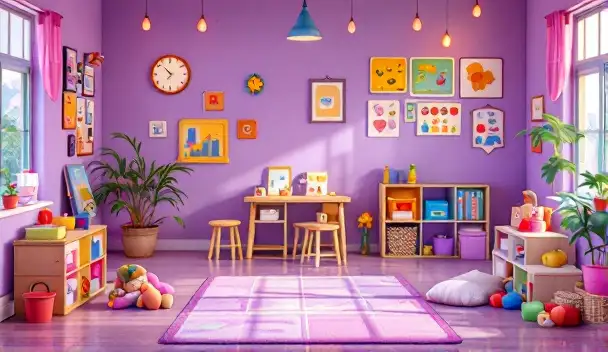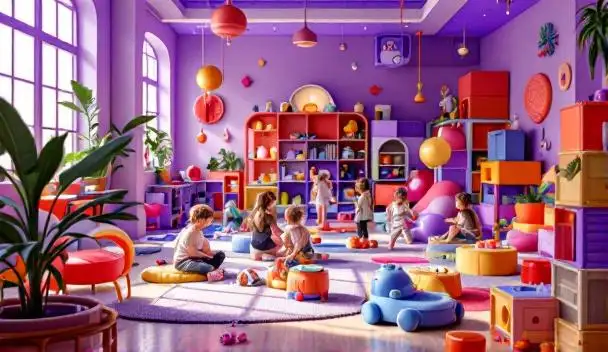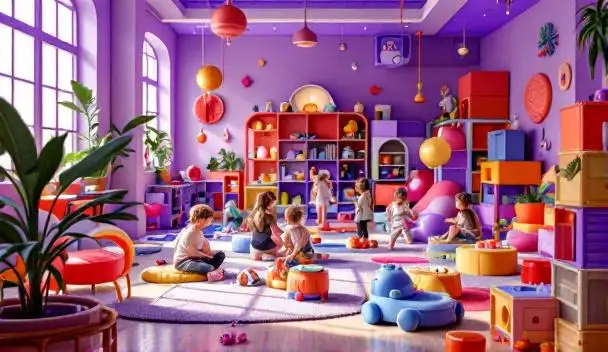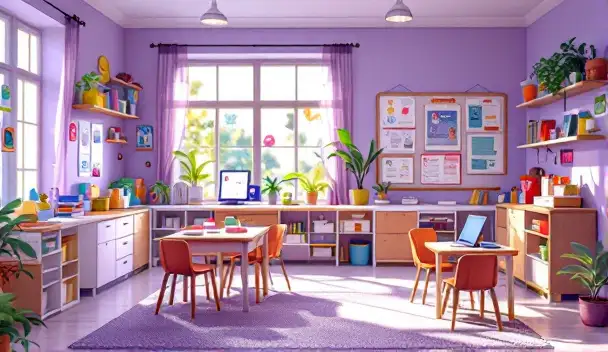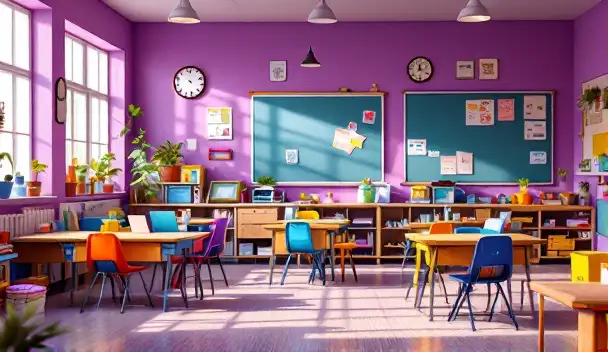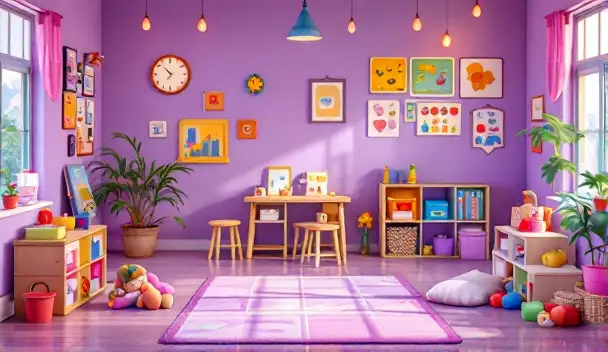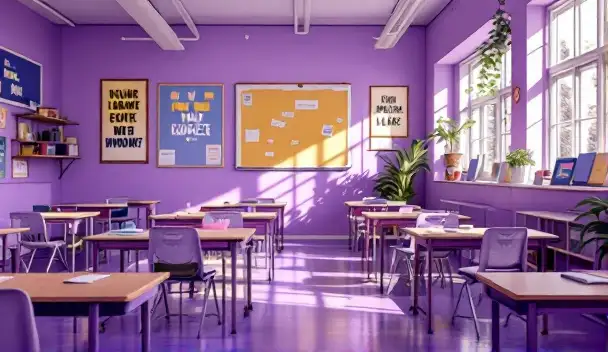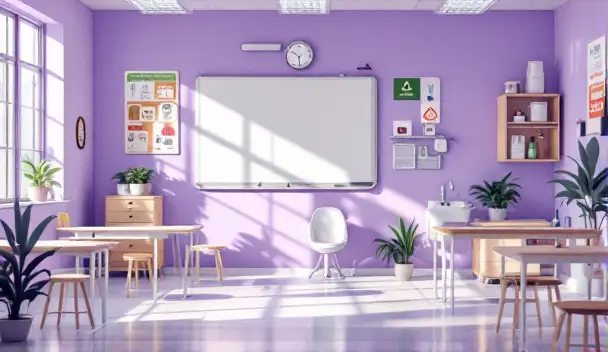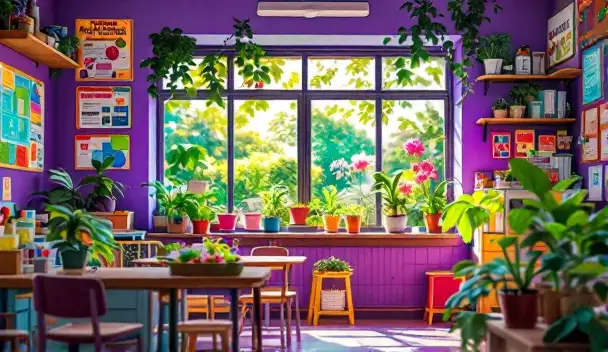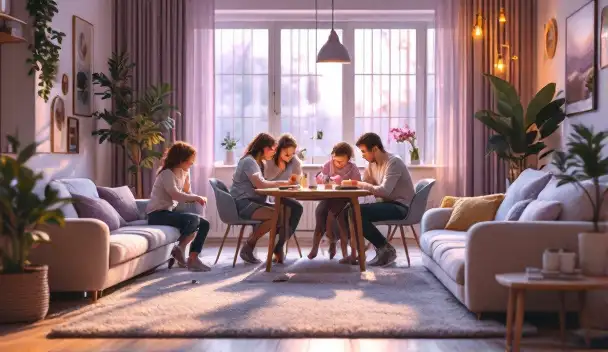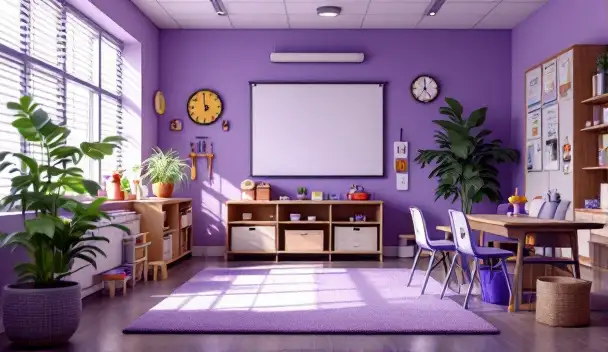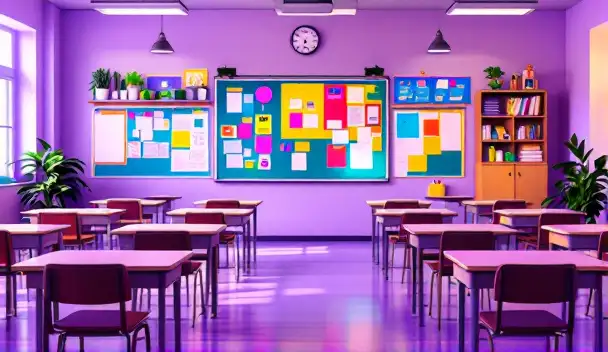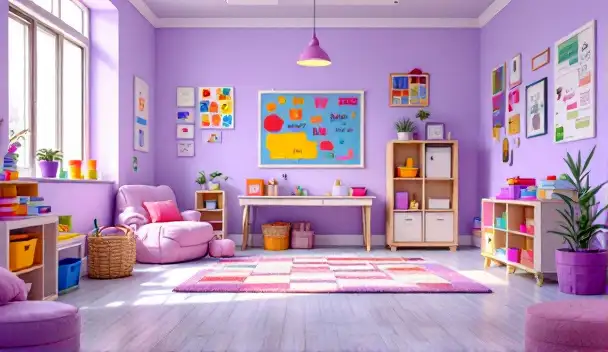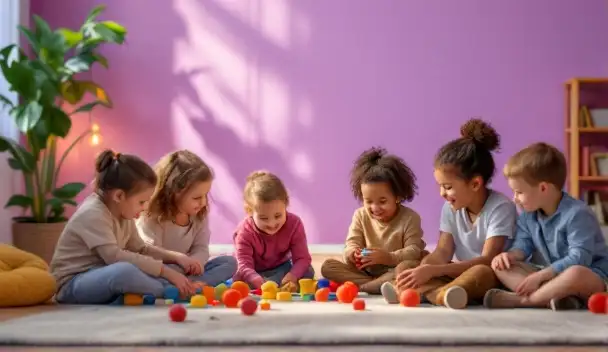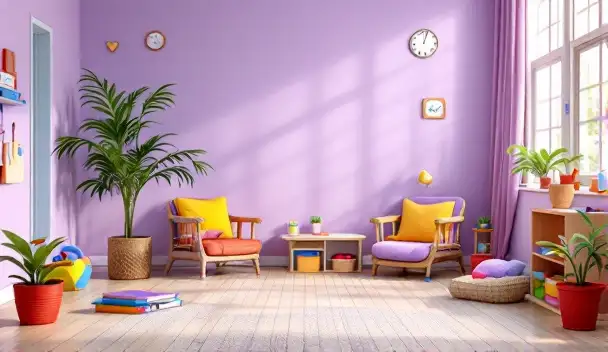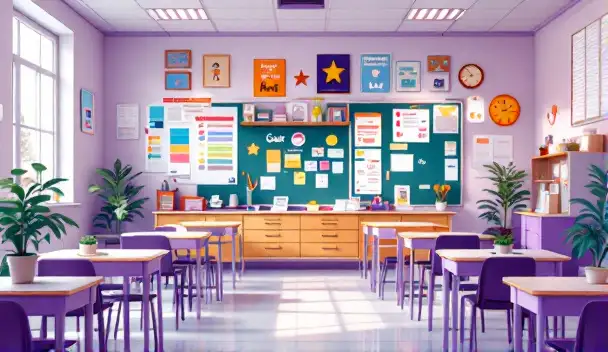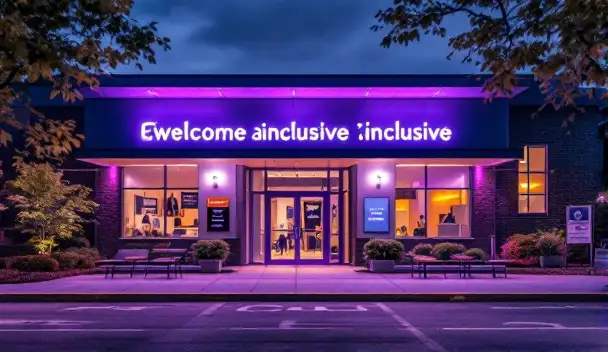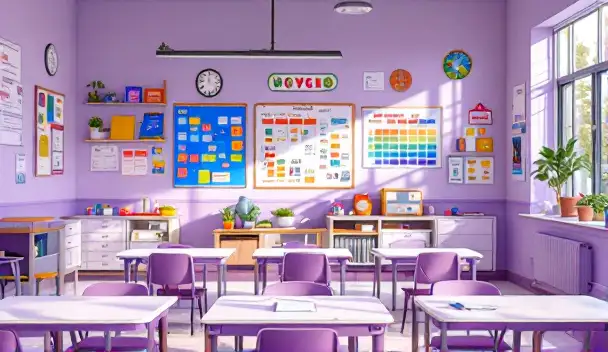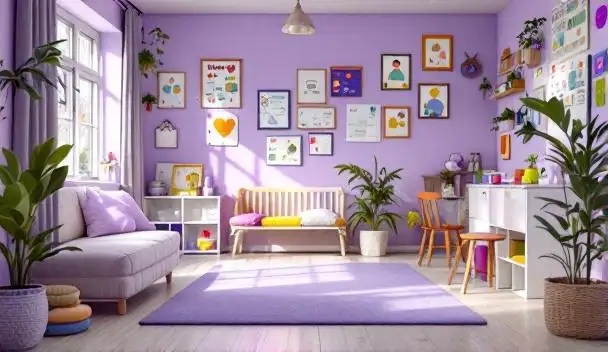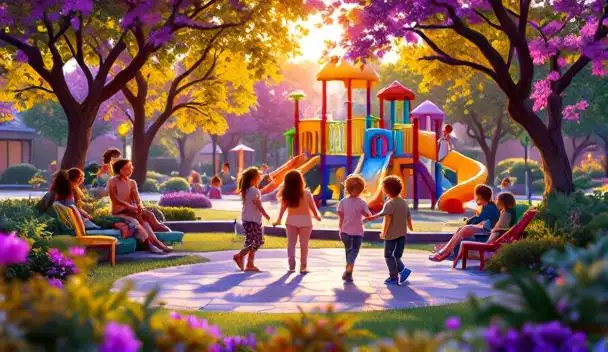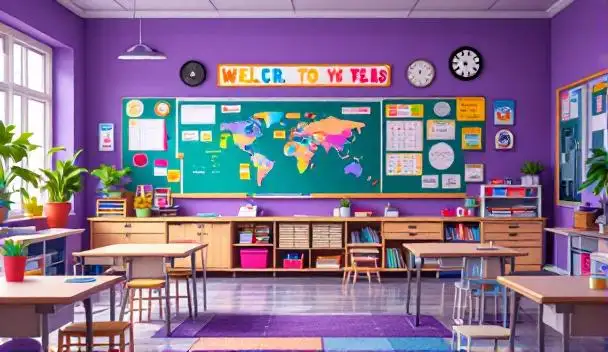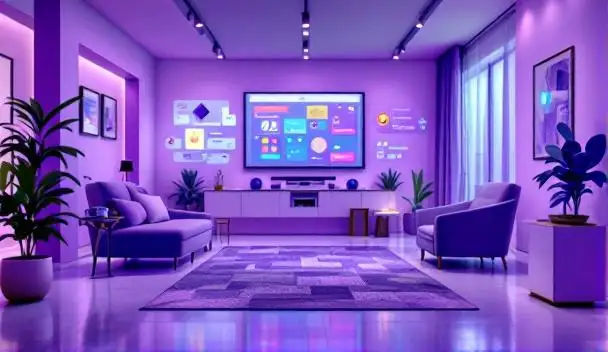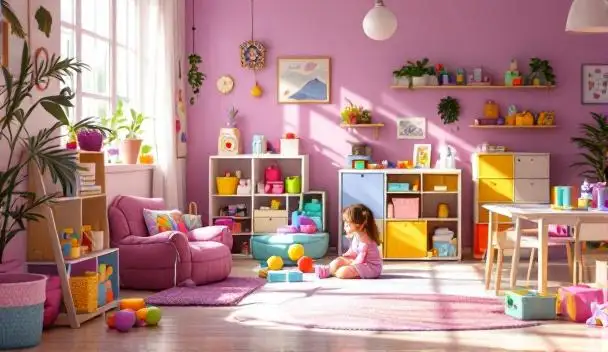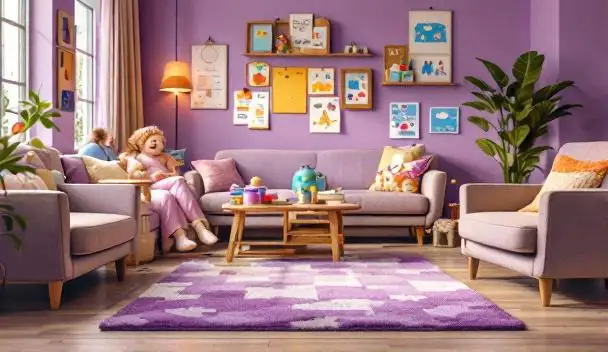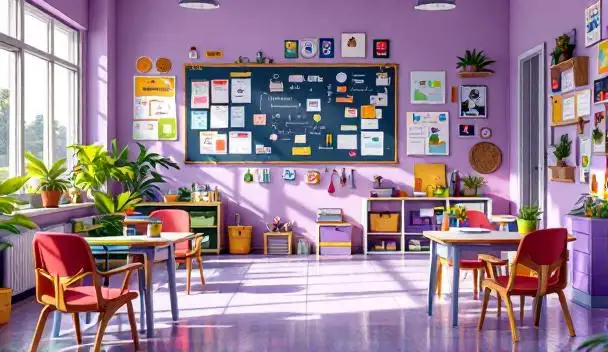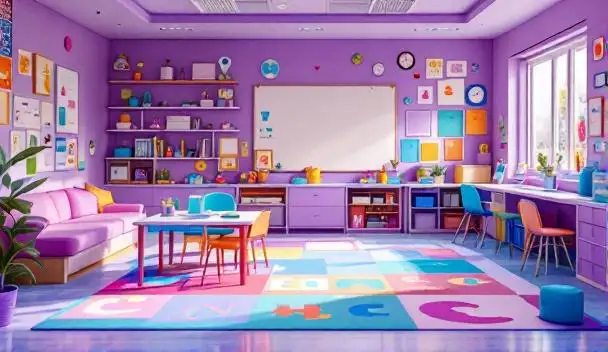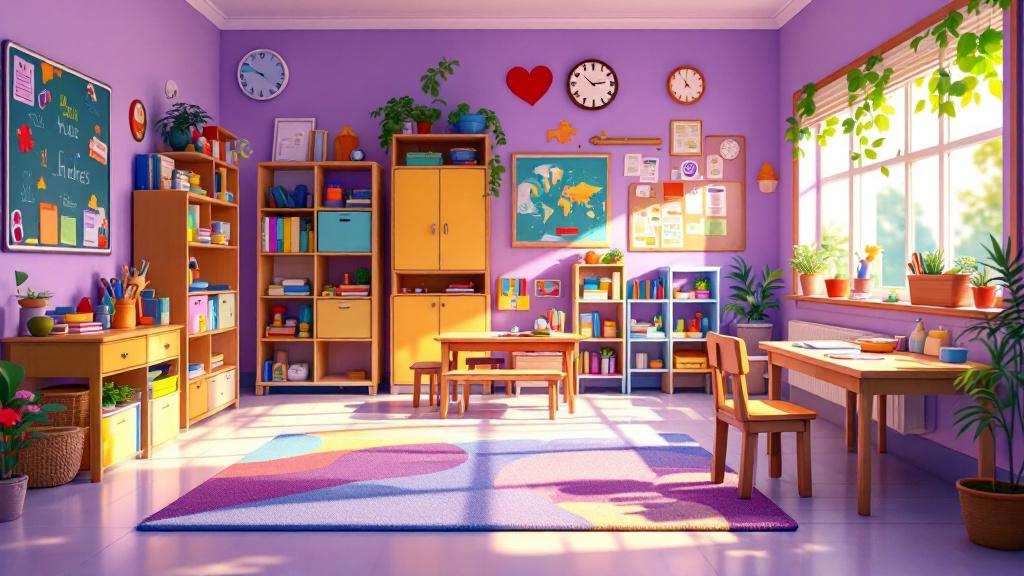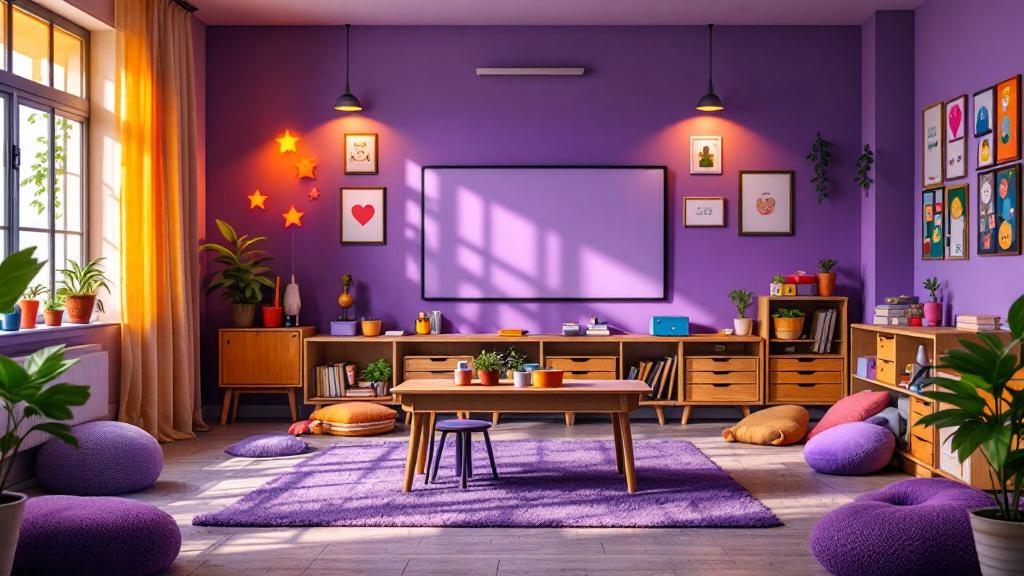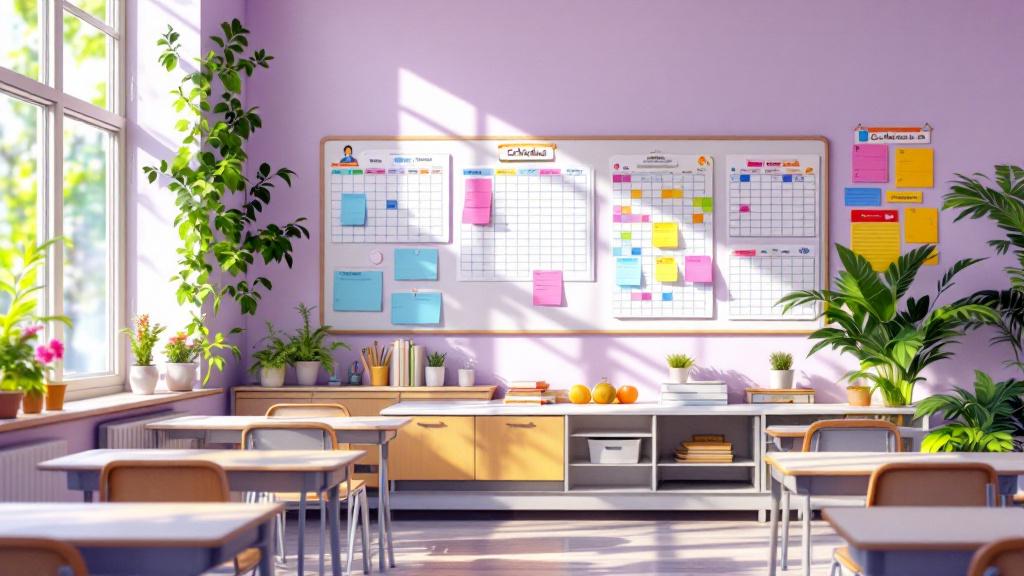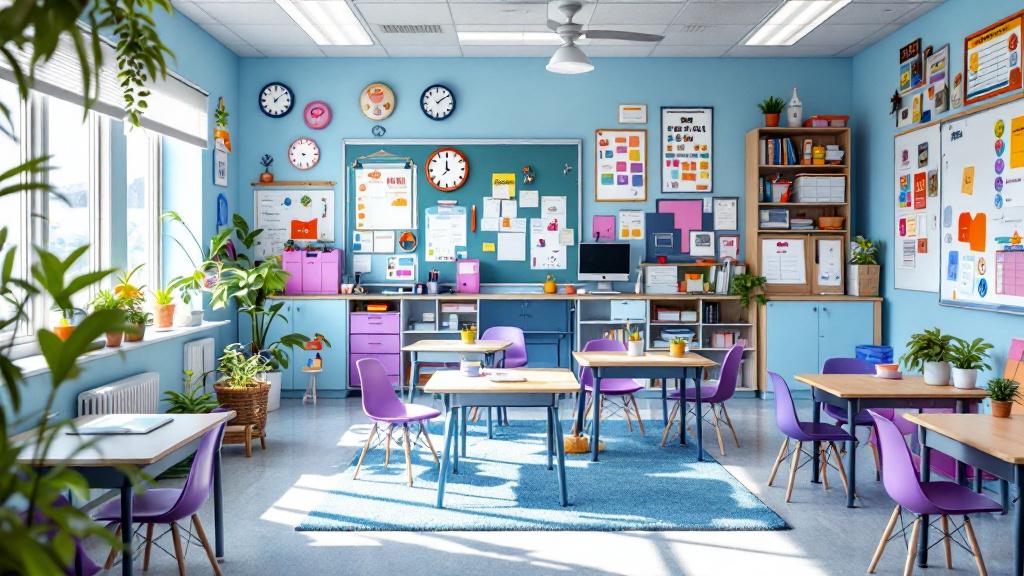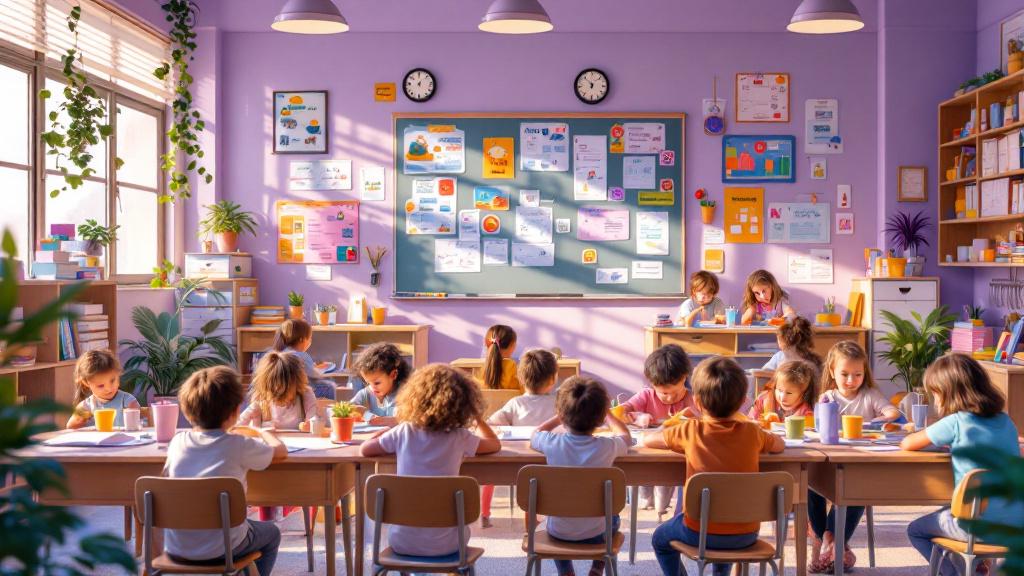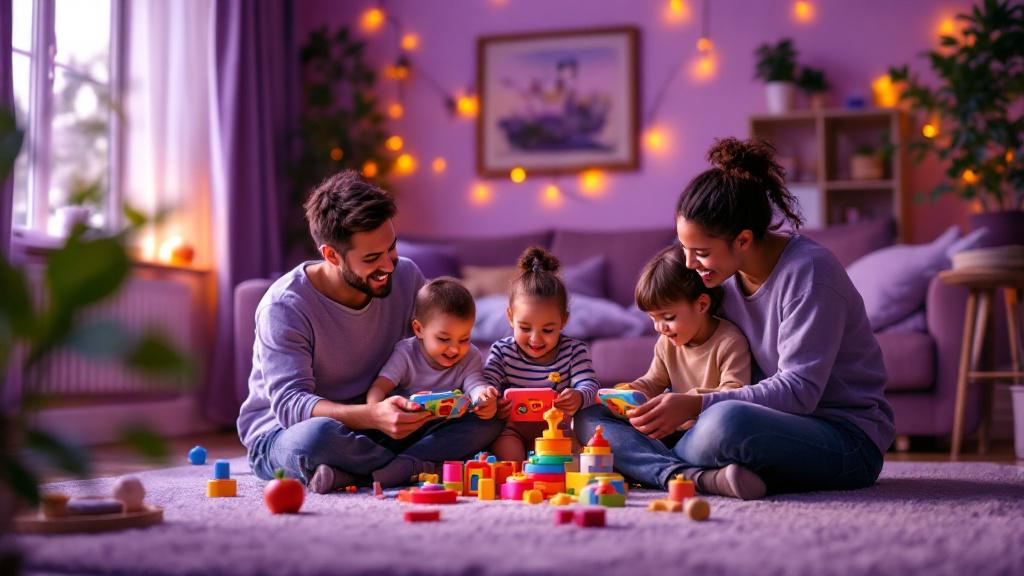Understanding the Power of Peer Feedback in Social Skills Growth
Peer feedback is a dynamic process where students evaluate and comment on each other's work, behavior, or social interactions. This practice not only improves academic performance but plays a crucial role in developing social competence, such as communication, empathy, and collaboration. In educational and professional contexts, structured peer feedback fosters an environment of mutual respect, responsibility, and continuous learning, essential for lifelong social skills development. This article explores the multifaceted role of peer feedback in nurturing social-emotional learning and social skills, supported by scientific findings and practical strategies.
Defining Peer Feedback and Its Social Impact
What is peer feedback and how does it contribute to social skills development?
Peer feedback is a structured process where students evaluate each other's work or behavior and provide constructive comments, assessments, and suggestions. This activity promotes active engagement, encouraging learners to communicate responsibly and cooperatively.
By participating in peer feedback, students develop crucial social skills such as effective communication, empathy, and respectful interaction. They learn to give clear, actionable feedback and accept critiques graciously, which enhances self-awareness and interpersonal skills.
Effective peer assessment fosters a culture of mutual support and continuous improvement. Students become more responsible for their learning and collaborative efforts, building trust and reducing anxiety about their performance.
Overall, peer feedback plays a vital role in developing social competences by creating opportunities for meaningful dialogue, reflection, and teamwork in educational settings.
The Benefits of Peer Feedback in Social and Teamwork Skills

What are the benefits of peer feedback for social skills and teamwork?
Peer feedback plays a vital role in developing social skills and enhancing teamwork capabilities among students. It promotes open communication, empathy, and mutual understanding, all of which are essential for effective collaboration.
When students engage in giving and receiving constructive comments, they reflect on their own behaviors, recognize their strengths, and pinpoint areas needing improvement. This process fosters greater social competence and encourages active participation within team settings.
Providing thoughtful feedback helps build trust among peers, which is crucial for maintaining a positive team environment. It also assists in resolving conflicts early by addressing issues directly and respectfully. Exposure to diverse perspectives broadens students' appreciation for different working styles and problem-solving approaches.
Regular, honest peer evaluations motivate team members and strengthen relationships, leading to better cohesion and cooperative engagement. This continuous exchange of feedback nurtures a supportive atmosphere that boosts morale, increases retention, and fosters a shared sense of purpose.
Overall, peer feedback enhances teamwork by fostering communication, nurturing social skills, and creating a culture of mutual support and growth. These skills are not only valuable in educational settings but also translate into workplace environments, preparing students for future collaborative challenges.
Effective Strategies for Implementing Peer Feedback to Develop Social Skills

How can peer feedback be effectively implemented to develop social skills?
Implementing peer feedback effectively involves creating a classroom environment where trust, respect, and openness are prioritized. Students should feel safe and supported in sharing their work and critiquing others. Establishing clear guidelines, such as using rubrics or sentence starters, helps students understand how to give constructive and respectful feedback.
Training students on feedback techniques is crucial. This can include modeling appropriate behaviors, practicing feedback procedures, and discussing the desired tone and content of comments. When students learn to focus on specific aspects of work and suggest actionable improvements, they develop both their social and communication skills.
A structured approach—such as feedback rounds, peer review stations, or guided reflection—ensures consistency and safety during feedback exchanges. Emphasizing the process as a tool for growth rather than judgment encourages honesty and humility.
Fostering a feedback culture involves establishing norms and routines that promote responsibility and reflection. For example, students might reflect on feedback received, discuss areas of disagreement, or acknowledge helpful comments. These practices nurture social-emotional skills like empathy, active listening, and respectful dialogue.
By integrating regular practice with explicit instruction, teachers can help students see peer feedback as an opportunity for mutual learning. Over time, these habits reinforce important social skills—such as giving supportive feedback, accepting criticism graciously, and understanding diverse perspectives—key for both academic success and personal development.
The Influence of Peer Feedback in Enhancing Social-Emotional Learning (SEL)

What is the influence of peer feedback in enhancing social-emotional learning?
Peer feedback significantly contributes to the development of social-emotional learning (SEL) by nurturing essential emotional and social skills among students. When students engage in giving and receiving feedback, they learn to be more aware of their own emotions and perspectives as well as those of others, which enhances self-awareness and empathy.
Structured peer review activities require students to consider diverse viewpoints, navigate constructive exchanges, and reflect on social dynamics. This process encourages social awareness and the ability to understand and respect differences, fostering cultural competence and inclusivity.
Additionally, participating in peer feedback helps students develop theory of mind—the ability to attribute mental states to themselves and others—an important foundation for social interaction and emotional regulation.
Engaging in responsible decision-making and collaborative problem-solving during feedback exchanges builds confidence and self-efficacy. It also promotes responsible behavior and accountability, which are core aspects of SEL.
Creating a classroom environment where peer feedback is part of routine learning fosters trust, belonging, and emotional safety. These elements help improve peer relationships, reduce anxiety around social interactions, and cultivate a positive classroom climate.
Overall, peer feedback acts as a catalyst for emotional growth and social skill development, equipping students with competencies that transfer beyond academics into personal and professional life. It nurtures emotional awareness, empathy, responsible decision-making, and relationship skills, making it a powerful tool for comprehensive SEL development.
Scientific Insights on the Role of Peer Feedback in Social Skills Development

What are scientific findings on the effect of peer feedback on social skills?
Research in education and psychology consistently shows that peer feedback has a positive influence on the development of social skills such as communication, empathy, cooperation, and conflict resolution. Studies involving cooperative learning strategies reveal that peer influence, through modeling and social interaction, can significantly enhance prosocial behaviors, especially among younger students.
In elementary and secondary settings, peer feedback promotes face-to-face communication and encourages students to reflect on their own behaviors and perspectives. This practice helps foster empathy by exposing individuals to diverse viewpoints and promotes respectful dialogue.
Research across different educational levels indicates that detailed and constructive feedback is particularly effective in nurturing social skills. When students learn how to give respectful, specific comments, they develop greater awareness of social cues and emotional intelligence.
Furthermore, peer feedback supports professional and personal growth by modeling positive social behaviors. Engaging in honest and supportive exchanges helps students practice conflict resolution and refine their interpersonal interactions.
Overall, evidence suggests that structured and guided peer feedback processes play a crucial role in advancing social skills alongside academic performance, making it an invaluable tool for holistic education.
Peer Review as a Tool for Promoting Collaboration and Social Skills

How does peer review promote collaboration and social skills?
Peer review plays a crucial role in fostering collaboration and social abilities among students. By providing a structured environment for reviewing and discussing each other's work, it encourages respectful dialogue and mutual understanding. Participants learn to articulate constructive feedback and accept critique, developing emotional intelligence and empathy.
The process involves multiple interactions—reviewing, revising, and responding—building trust and a sense of community. This iterative engagement helps students develop important social-emotional skills such as cooperation, ethical conduct, and perspective-taking.
Furthermore, peer review cultivates a culture of accountability and shared responsibility. As students give and receive feedback, they learn to manage interpersonal dynamics, manage conflicts, and appreciate diverse viewpoints. These experiences translate into stronger teamwork skills, which are essential in both academic and professional settings.
Overall, peer review nurtures a collaborative mindset by promoting respectful communication, enhancing social interaction, and encouraging a sense of collective growth. It helps students become more empathetic, responsible, and effective communicators, preparing them for successful teamwork beyond the classroom.
Mechanisms of Social Learning and Peer Influence in Skill Enhancement

What mechanisms through social learning and peer influence enhance social skills?
Social learning and peer influence are fundamental in developing social skills among students and adolescents. They work through multiple interconnected processes that facilitate the acquisition of socially competent behaviors.
One primary mechanism is modeling, where peers demonstrate appropriate social behaviors such as cooperation, empathy, and constructive communication. Observing these behaviors provides adolescents with concrete examples to imitate, which is vital especially during neurodevelopmental phases characterized by heightened sensitivity to social information.
Reinforcement plays a significant role; when peers reward positive social behaviors through praise or acceptance, these actions are more likely to be repeated. This reinforcement sustains prosocial behaviors and reinforces social norms within peer groups.
Social comparison also influences social skill development. Adolescents often evaluate their behaviors against their peers, which can motivate improvements and adherence to social expectations. This comparison fosters motivation to emulate positive behaviors seen in peers.
Peer interactions often involve feedback, which helps individuals refine their social responses. Constructive peer feedback can correct negative behaviors and bolster confidence, further enhancing social interaction skills.
An influential theory, the influence–compatibility model, explains that peer influence encourages similarity among friends. This similarity reduces the social gaps that can lead to exclusion, thus fostering stronger social bonds and cooperative skills.
Neurodevelopmentally, the adolescent brain is highly responsive to peer feedback due to changes in areas related to social cognition and reward processing. This makes peer influence particularly effective during this stage.
Structured activities like cooperative learning provide practical settings where these mechanisms operate. In such environments, students observe peers, practice social skills in real-time, and receive continuous feedback, all of which reinforce positive social behaviors.
Overall, these social learning processes foster an environment where adolescents develop crucial social skills through active participation, observation, and reciprocal influence within peer groups.
Theoretical Frameworks Explaining Peer Feedback and Social Skills Development

Are there theoretical frameworks that explain how peer feedback supports social skills development?
Yes, multiple theoretical perspectives shed light on how peer feedback enhances social skills. These frameworks help us understand the mechanisms behind social interaction, reflection, and learning in educational settings.
One prominent theory is sociocultural theory, especially as articulated by Lev Vygotsky. This framework emphasizes that social interactions, such as peer feedback, are fundamental to cognitive development. Through dialogues and shared assessments, students internalize social norms, critical thinking, and communication skills that are vital for social competence.
Closely related is social learning theory, proposed by Albert Bandura. It highlights that people learn new behaviors and social skills by observing peers, receiving reinforcement, and modeling responses. When students give or receive feedback, they practice active listening, empathy, and respectful communication, which reinforce social skill development.
Another relevant perspective is self-regulation models of learning. These models focus on how learners reflect on their own performance, set goals, and adapt behaviors based on peer evaluation. Structured peer assessments encourage metacognition and autonomy, fostering social awareness and responsibility.
Additionally, research in education underlines that shared feedback practices cultivate collaboration, trust, and cultural understanding. This collective process not only advances individual social skills but also supports the creation of inclusive learning environments.
In summary, these theoretical approaches collectively illustrate that peer feedback acts as a social activity that facilitates internalization of social behaviors, critical reflection, and personal growth, leading to enhanced social skills.
Lifelong Benefits of Peer Feedback on Social Competence

How does peer feedback contribute to lifelong social competence development?
Peer feedback plays a vital role in nurturing lifelong social skills by providing ongoing opportunities for learners to practice and refine essential interpersonal abilities. Through regular exchanges of constructive comments, students develop empathy, understanding diverse perspectives, and improving their capacity to communicate effectively.
When structured with clear objectives, guidelines, and appropriate training, peer feedback encourages a growth mindset. Students learn to view feedback not as criticism but as a tool for personal and professional growth. This mindset fosters self-awareness, reflection, and a willingness to accept and give criticism in respectful ways.
These interactions also strengthen collaboration skills, which are crucial in professional environments. As students connect academic insights with real-world social dynamics, they build a sense of responsibility for their learning and social interactions.
Incorporating face-to-face discussions enhances honesty and clarity in communication, promoting trust and genuine social engagement. Emphasizing thoughtful, compassionate feedback helps students develop emotional intelligence, including conflict resolution and empathy.
Practicing peer feedback prepares individuals for many lifelong contexts—be it workplace communication, team projects, or community involvement. It cultivates critical social skills such as active listening, respectful disagreement, and the ability to evaluate and learn from others. Ultimately, these experiences equip learners with the interpersonal competence necessary not only for academic success but also for effective participation in diverse social and professional settings.
Transforming Learning Environments through Peer Feedback
Implementing structured and thoughtful peer feedback practices in educational settings creates a powerful platform for social skills development. It nurtures empathy, emotional intelligence, collaboration, and responsible communication — essential skills for personal and professional success. By fostering a culture of ongoing feedback, reflection, and mutual support, educators and organizations can prepare learners not just for academic achievement but for lifelong social competence. As research demonstrates, peer feedback is a fundamental tool in shaping well-rounded individuals capable of navigating complex social landscapes with confidence and empathy.
References
- Value of Peer Feedback Beyond the Classroom - Kritik
- A Qualitative Analysis on the Effectiveness of Peer Feedback in ...
- Do Peers Influence the Development of Individuals' Social Skills ...
- Understanding the what and when of peer feedback benefits for ...
- The SEL Benefits of Peer Review for Students - Write the World Blog
- "Impact of peer teaching on the acquisition of social skills by adolesc ...
- Teaching Kids to Give and Receive Quality Peer Feedback | Edutopia


